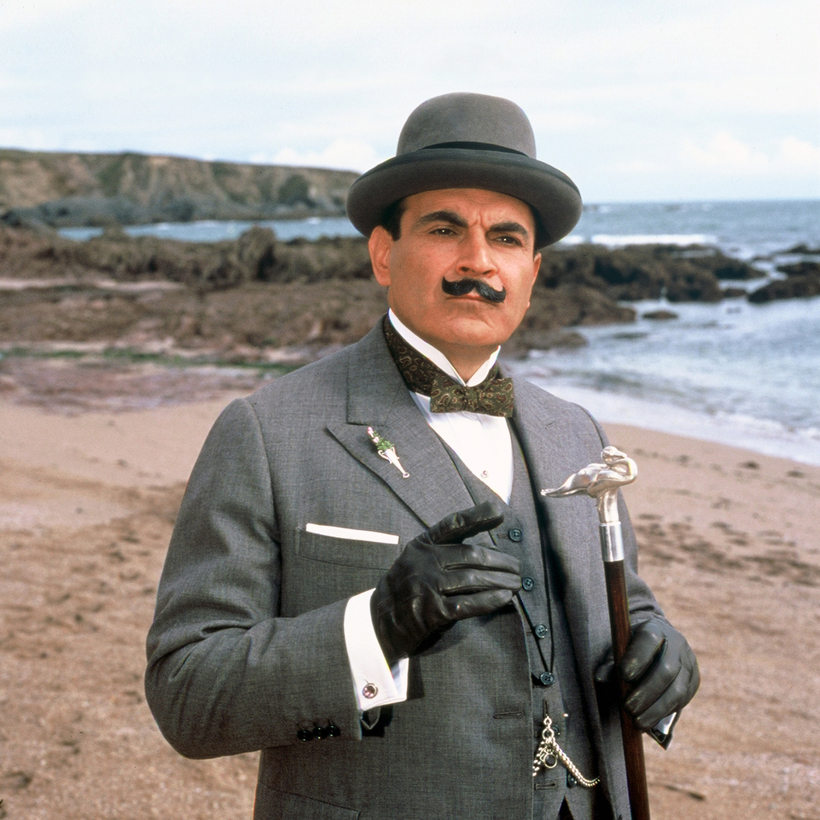Is Anthony Horowitz really just one man, or is he actually a fancy factory on the Thames, given how productive he is? Here is the man who dreamed up the TV series Foyle’s War, and further improved our viewing pleasure with Midsomer Murders and Agatha Christie’s Poirot. A man of the same name also created the “Alex Rider” series for children; wrote novels featuring Sherlock Holmes and James Bond (separate books, of course!); created his own detective in Atticus Pünd, star of Magpie Murders (now a TV series, naturally) and Moonflower Murders; and then had the brilliant notion of making himself a main character in four novels, a sidekick of sorts to a private investigator named Daniel Hawthorne. (The latest of these, The Twist of a Knife, will be published on November 15.) As it turns out, a little sleuthing proves not only that Anthony Horowitz is one person but he is wonderfully engaging and modest as well.
JIM KELLY: Let’s start with your new book, The Twist of a Knife, which is the latest in a series starring Anthony Horowitz, who in this installment is suspected of murdering a theater critic who has just trashed his play Mindgame. You actually wrote a play of that name more than 20 years ago. May I assume you had a particular critic in mind …

